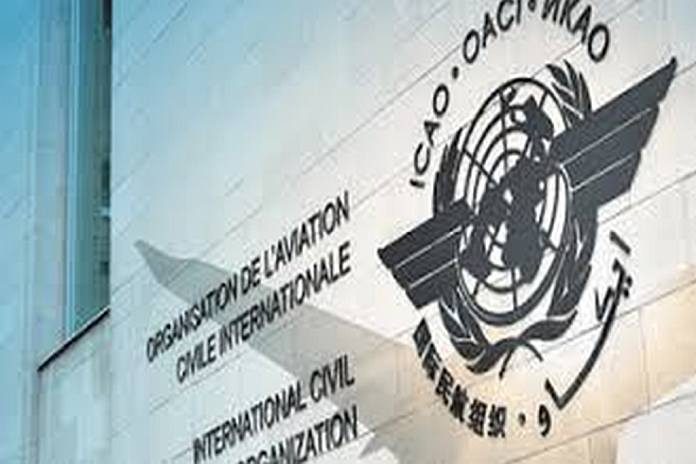MONTREAL, Canada – The International Civil Aviation Organization (ICAO) has initiated the next step in the international community’s efforts to reduce air transport’s impact on the climate: addressing the non-CO2 emissions from international aviation. While carbon dioxide (CO₂) emissions have long been the focus of international agreements and industry efforts, the sector’s non-CO₂ climate impacts have remained uncertain.
ICAO’s landmark Symposium on Non-CO₂ Aviation Emissions, held from 16-18 September 2024, drew some 800 attendees both in-person and virtually and focused on topics such as contrail formation, nitrogen oxides and particulate matter, striving to understand and enhance the climate science, potential mitigation measures and policy options.
“We’re entering a new era of climate change solutions in aviation, and ICAO is firmly committed to deepening knowledge on this subject, exploring innovative solutions, and forging partnerships” said Salvatore Sciacchitano, ICAO council president. “This symposium is about more than awareness; it’s about charting a course for meaningful action on a problem that requires more scientific understanding.”
The event brought together a unique coalition of atmospheric scientists, aerospace engineers, policy makers, and airline operators. Participants represented States, United Nations system organizations, international and regional organizations, industry and related associations, research and development institutions, and academia. This interdisciplinary approach yielded rich discussions on potential mitigation strategies, from altering flight paths to avoid contrail formation to developing cleaner-burning jet fuels.
During the event, ICAO organized an exhibition on the latest initiatives associated with non-CO2 emissions and debuted an educational display installation and a series of videos aimed at addressing common misconceptions about non-CO₂ emissions. To maintain the momentum, ICAO also introduced a new tracking tool for non-CO₂ emissions initiatives.
“This symposium comes at a critical juncture in aviation’s climate journey,” said Juan Carlos Salazar, ICAO secretary general. “By addressing non-CO₂ emissions alongside our existing decarbonization efforts, we’re taking a more holistic approach to lead aviation to a more sustainable future.”
“It is clear that the path forward will require not only technological innovation but further consideration of how we measure and mitigate the full scope of aviation’s climate impact” said secretary-general Salazar. “The impressive wealth of information presented during the event from the best scientists, technical experts, industry and academia highlights the importance for ICAO to facilitate continuous cooperation in this area.”





